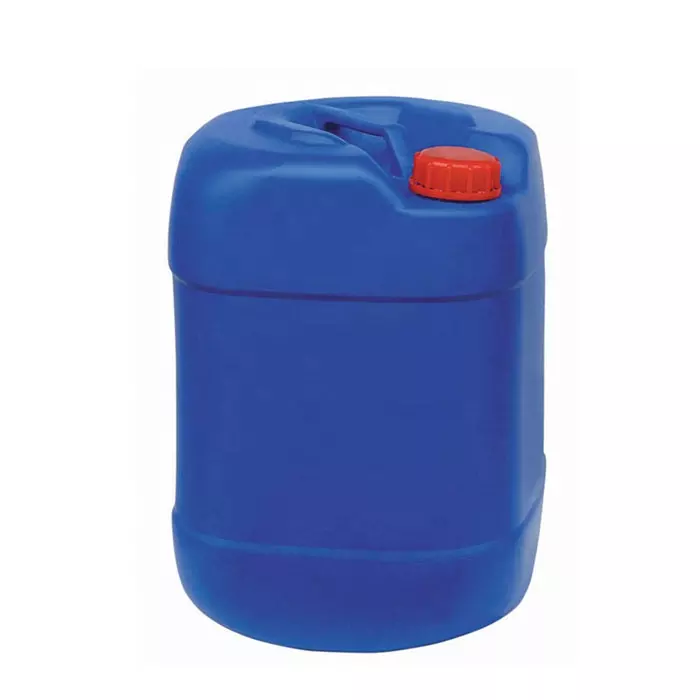
hdi trimer hi-100
about:
product description basonat® hi 100 is an aliphatic isocyanurate for lightfast and weather-resistant 2k polyurethane coatings
key benefits • solvent free
-
100% isocyanurate oligomer
-
high weather resistance
-
good light fastness
chemical nature isocyanurate based on hexamethylenediisocyanate (hdi)
properties
physical form |
transparent, viscous liquid |
||
technical data(no supply specification) |
nco content |
din en iso 11909 |
21.5 – 22.5% |
nco equivalent weight |
~ 191 |
||
viscosity at 23 °c (73 °f)d = 1,000 s-1 |
din en iso 3219 |
2,500-4,000 mpa*s |
|
platin cobalt color number(hazen) |
din en iso 6271 |
≤ 60 |
|
the nco equivalent weight indicates the amount of basonat® polyisocyanate as supplied containing 1 mol of active nco. |
|||
application
basonat® hi 100 is a solvent free isocyanurate oligomer.
basonat® hi 100 allows a broad choice of solvents. for instance, when less volatile solvents would retard drying excessively, like in furniture coatings, highly volatile solvents can be chosen.
basonat® hi grades are used to formulate particularly lightfast andweather-resistant coatings.
basonat® hi polyisocyanates are used to crosslink most hydroxy group containing resins, e.g. acrylate resins like the joncryl® polyols and hydroxy polyesters like the hyperbranched basonol hpe polyesters. sufficient compatibility withpolyester resins containing hydroxylgroups is not always given.
formulation guidelines
basonat® hi polyisocyanates can be diluted with esters (e.g. butyl acetate), ketones (e.g. methyl ethyl ketone), glycolether acetates (e.g. methoxypropylacetate) or with aromatic hydrocarbons (e.g. solvesso®1 100, xylene).
if basonat® hi polyisocyanates are diluted to a polyisocyanate fraction of less than 40%, turbidity, flocculation and/or sedimentation may occur during storage. storage trials should always be carried out.
results from long-term weathering tests show, that in most cases gloss retention is better with isocyanurates than with polyisocyanates based on biurets of hexamethylene diisocyanate (basonat® hb grades). in addition, due to the low viscosity the solid content can be increased when basonat® hi grades are used instead of basonat® hb grades.
the theoretical equivalent amount of polyisocyanate required for crosslinking is computed using this formula:
0.075 x [oh value] x [non volatile fraction of oh component]
[nco]
example: joncryl® 507
oh value [mg koh/g polyol on solids] |
140 |
non-volatile fraction (nvf) [%] |
80 |
basonat® hi 100 , nco content [%] |
22 |



